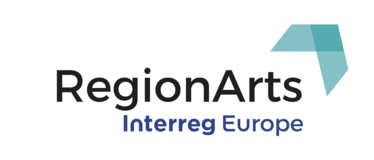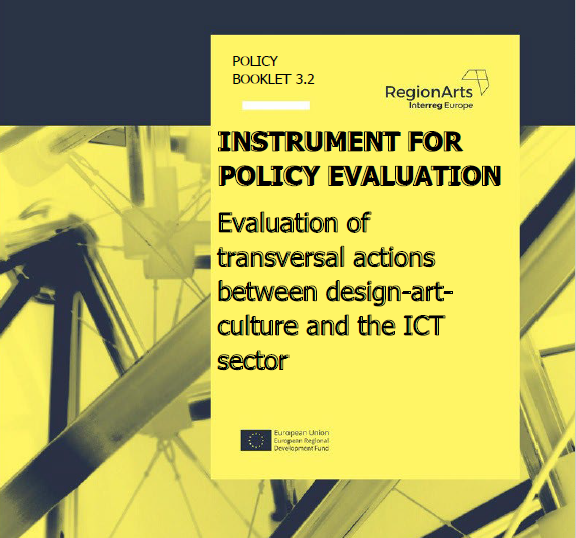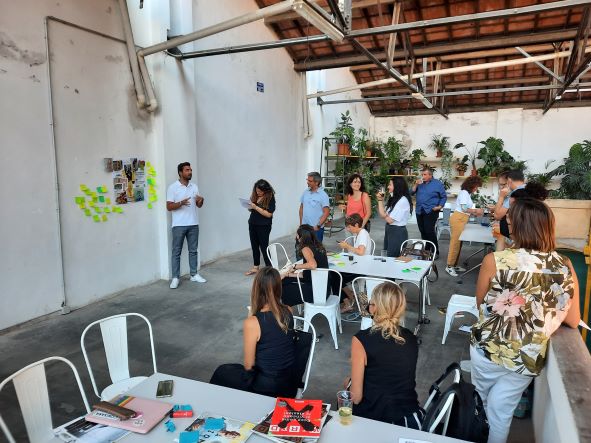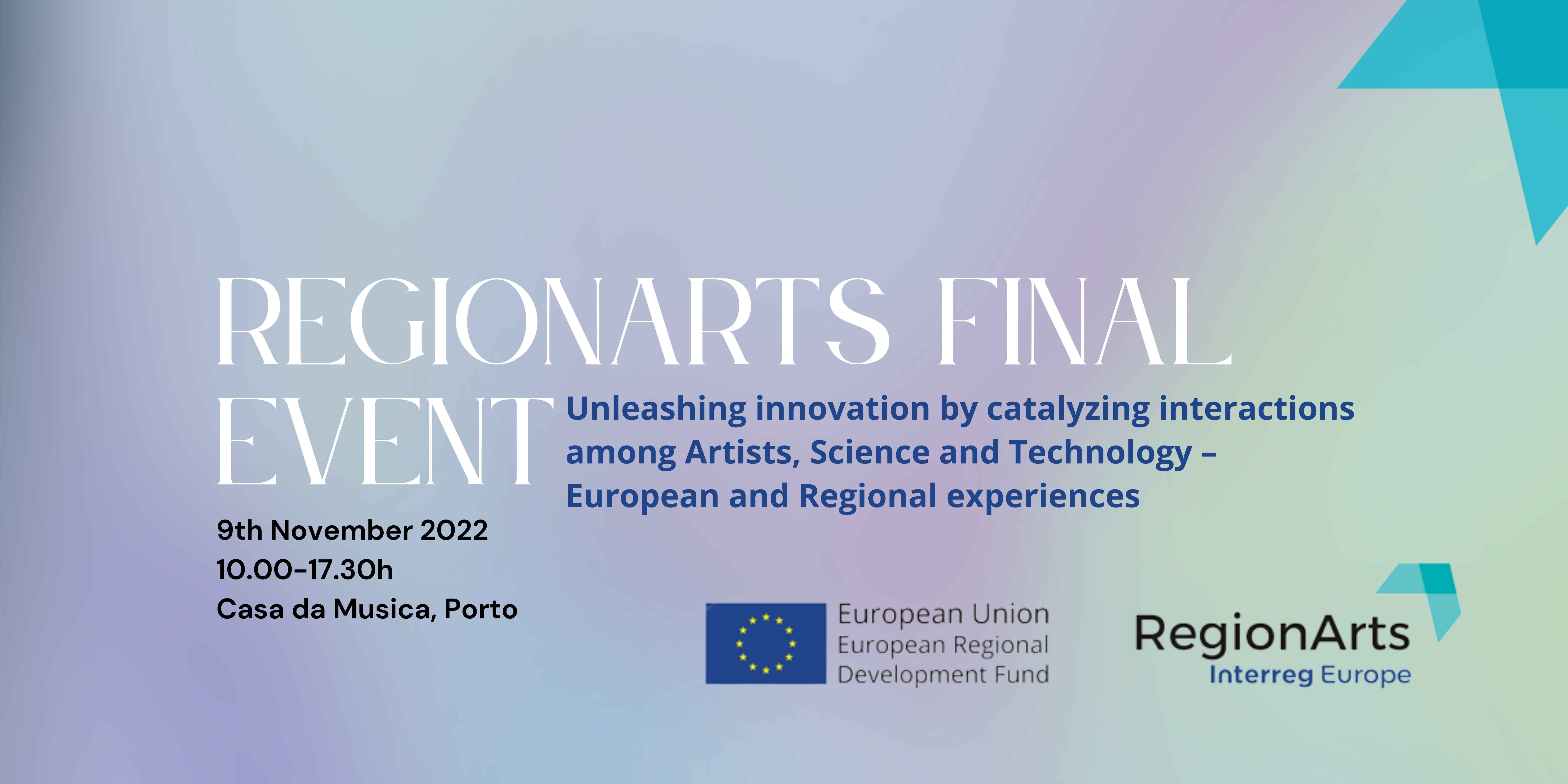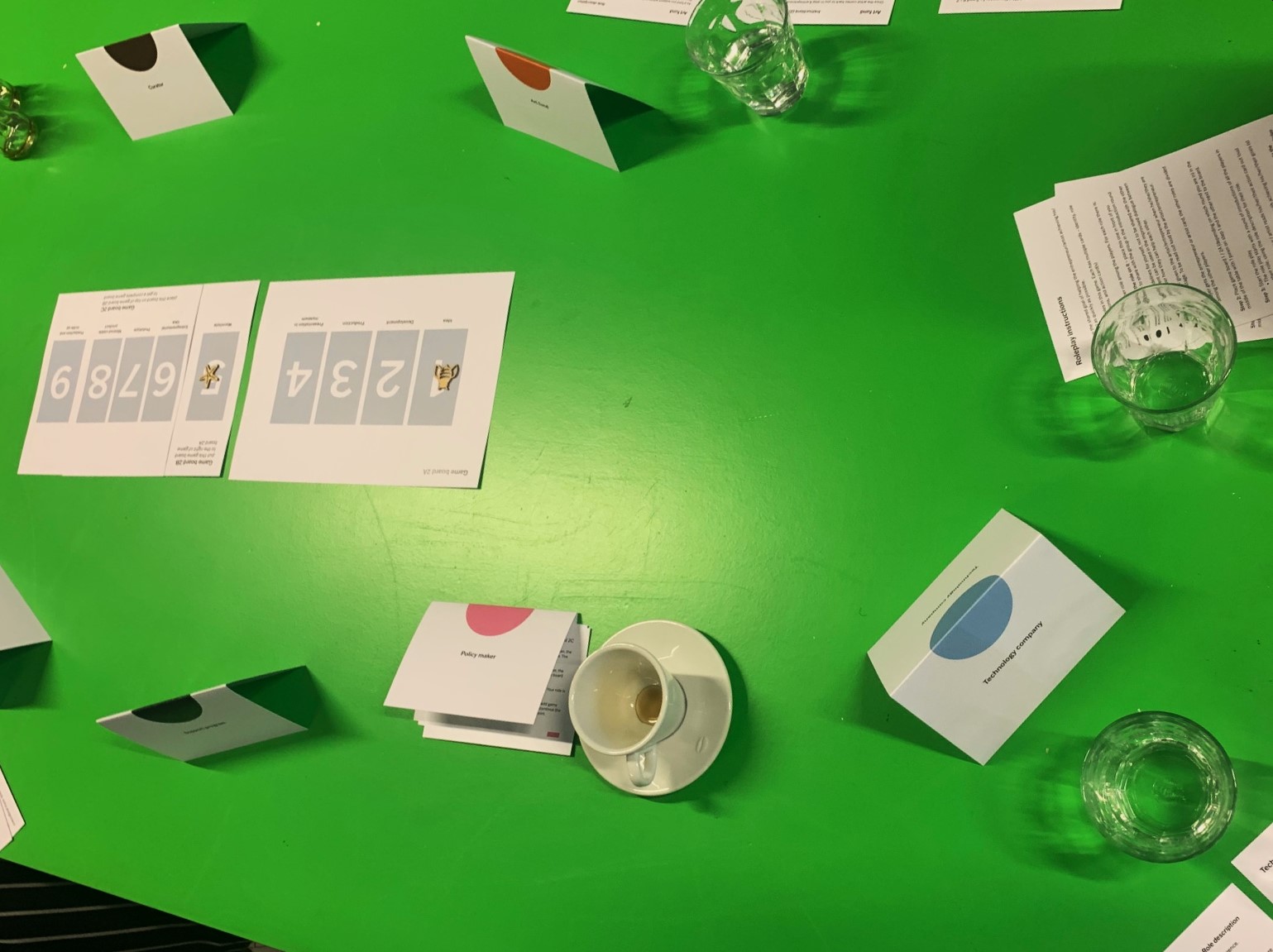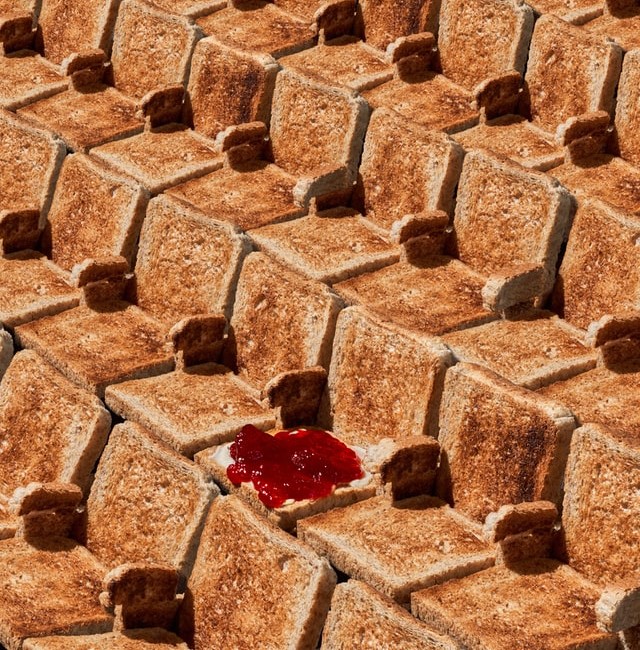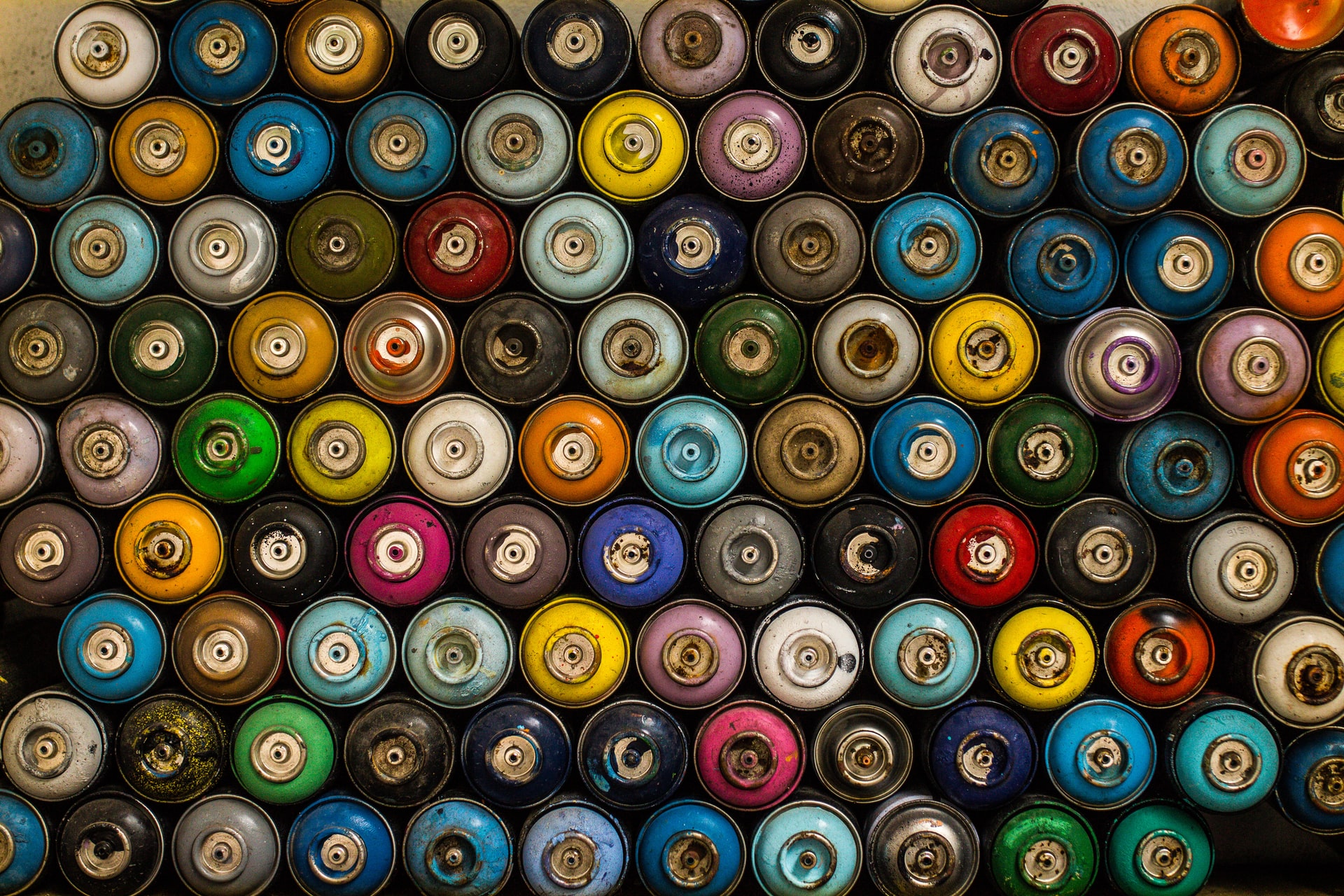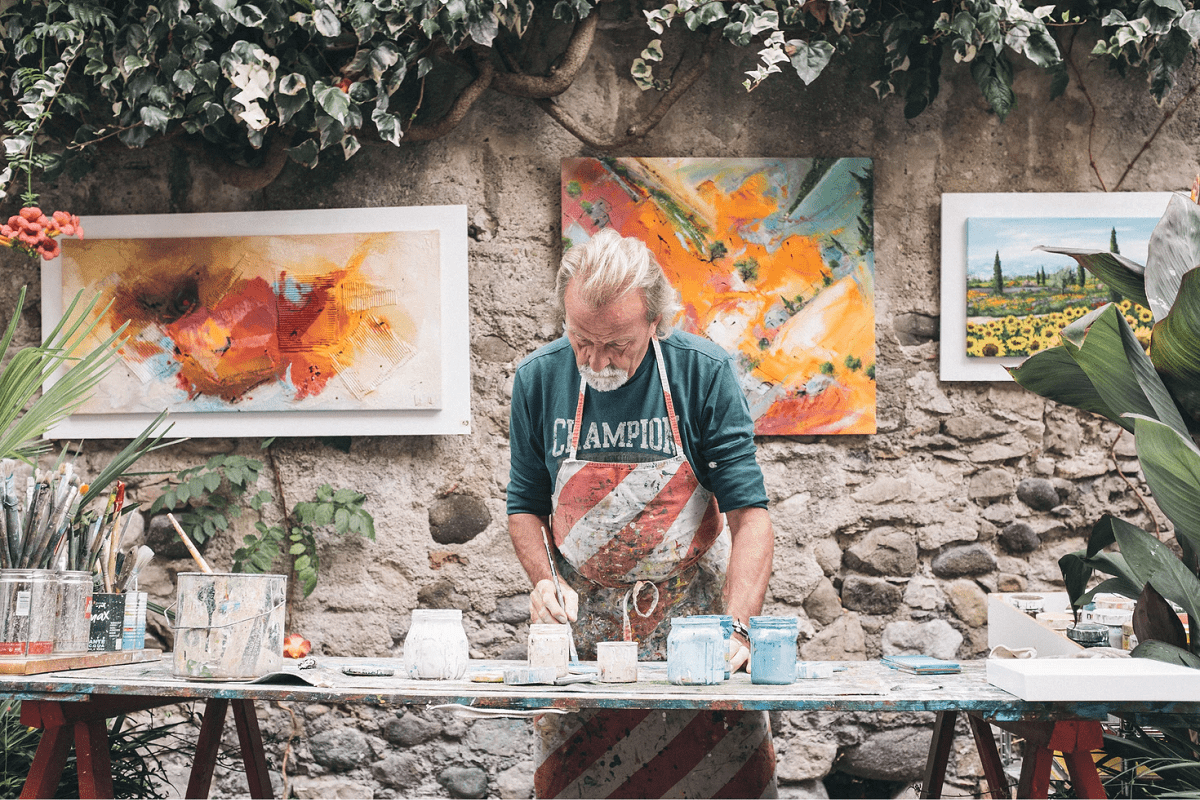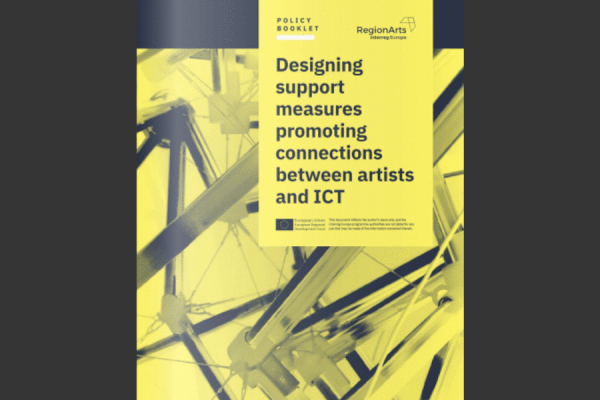Four keywords 'Creativity, Interdisciplinarity, Innovation, Design' set the tone of the online workshop 'Boosting Innovation through Arts and ICT' organised on 14th October as part of the European Week of Regions and Cities.
Co-jointly organised by Startup Europe Regions Network, Belgium, Porto Global Hub of Polytechnic of Porto, Ars Electronica Linz and Cardiff Metropolitan University the event highlighted how Arts&ICT when working together can create a lot of synergies providing us with attractive and advanced responses to our problems or needs. This symbiotic relationship has become even more apparent in the current pandemic situation when creativity and technology are playing an immense role in adapting to the challenges we now face.
In the past years, European policy has increasingly embraced Creative and Cultural Industries (CCIs) as horizontal enablers of innovation with a strong social impact and positive effects across all sectors of the economy. But there is more to do, as CCIs will play a key role in terms of reshaping traditional sectors in the direction of specific technological megatrends such as customization and high personalization in products, processes and services crossed with socio-economic-political megatrends such as globalization, demographic shifts and circular economy, innovative knowledge about the markets, the definition of high-immersive experiences, communication the products added value.
During this workshop, three speakers moderated by Chiara Frencia from Startup Europe Regions Network shared their experiences and fantastic cases of good practices in regional and national initiatives supporting the development of digital innovation and creativity.
Ana Fonseca from Porto Design Factory at Porto Polytechnic summarized the interregional learning phase of RegionArts and disseminated some of the lessons learned/ insights obtained during the project activities - such as Cultuur Eindhoven which stimulates multi-disciplinary collaborations between artists and creatives focusing on societal issues.
Representing Desig4Innovation another Interreg Europe Project was, Anna Whicher from PDR at Cardiff Metropolitan University who focused on the project Action Plans that are already being implemented with examples of Valletta Design Cluster, Latvian Design Voucher or Galician Design for Innovation 2020 programme.
Strategies of 'Art thinking' (the notion that artistic approaches and creative thinking can be applied to solve real social challenges) was the crux of Veronika Liebl's presentation. The Director of European Cooperation at Ars Electronica Linz – a cultural organization focused on digital arts and established more than 40 years ago – stressed the role artists have in innovation processes and the need to systematically include artists in value chains of sectors other than culture. She also shared two examples in which such processes have been outlined.
- The LIT projects by the Linz Institute of Technology (Johannes Kepler University) facilitate collaboration between their institutes and local & regional as well as international artists, companies and scientific partners. Their strategy behind (Innovation through Universitas) is a new, transdisciplinary university culture. They were driven by the transformative potential of various disciplines to acquire concrete insight into the future of research and education.
- (S+T)*ARTS = STARTS is an Initiative from the European Commission to bring out new forms of innovations at the nexus of Science, Technology, and the ARTS. Each year, innovative collaborations between industry or technology and the arts that opens new pathways for innovation are highlighted in this initiative. The focus also lies on artistic explorations and artworks where appropriation by the arts has a strong potential to influence or alter the use, deployment and perception of technology.

Key Takeaway's
The cultural and creative industries play an immensely important role in the development of innovative processes. The creative profession is not only the creator of initiatives with strong social and environmental impacts but also manages to make highly innovative programs accessible to a broad audience and to generate positive spillover effects.
The workshop also proved that the potential use of digital communication and information technologies and the role of arts in them is immense - it can catalyse the economy, support social policy, improve sustainability, and drive education. And still, policy instruments continue to invest in qualified and creative entrepreneurship by supporting the technological investment of SMEs and neglecting frequently the importance of arts and creativity to their innovation strategy.
More than ever, we need new strategies to combine technological development with artistic and creative talent, fostering a cross-functional mindset and interdisciplinary collaborations to set in motion disruptive innovation as a way of differentiation.
